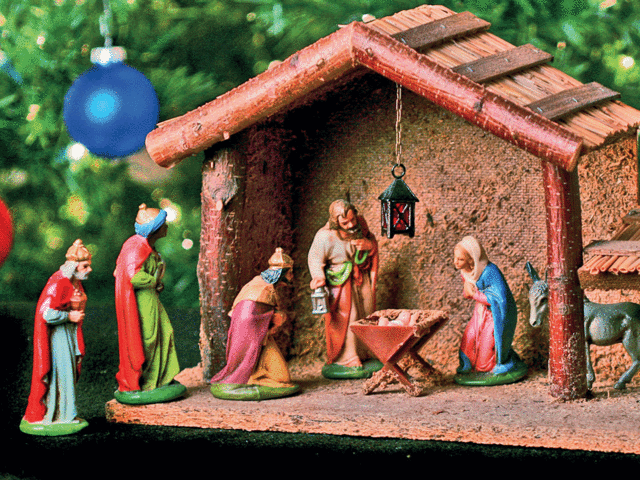Why is Christmas celebrated on December 25?
According to popular tradition, Christmas is celebrated on December 25 to commemorate the birth of Jesus. However, there are no records in the Bible or any other written work of the time that suggest that Jesus was really born on that date, which raises the important question: Why is Christmas celebrated on December 25? In fact, the choice of this date has roots in both the Persian and pagan traditions.
The Catholic Encyclopedia admits that "there is no month of the year to which respectable authorities have not assigned the birth of Christ" (Catholic Encyclopedia) . There are, however, several reasons that suggest that Jesus probably was not born in December. First, in Luke 2.8 we can read that on the night of Jesus ' birth "there were also shepherds living in the same land and taking care of their flocks at night." Many specialists agree that this would be It was unlikely in December, since the shepherds had put their flocks under cover during the cold winter months.
Pagan celebrations
Since it seems unlikely that Jesus was born on December 25, the logical question arises as to why Christmas is celebrated on that date. The answer points to the festivities of pagan Rome related to the winter solstice. Two celebrations in particular took place around December 25: the Saturnalia and the birth of the Sun God, Mithras (Catholic Encyclopedia). The Saturnalia festival was held initially on December 17, although it was later extended with various festivities until December 25. In the Saturnalia tribute was paid to Saturn, the agricultural god of sowing and harvesting, and this holiday was related to the renewal of light and the arrival of the new year. On the appointed day a sacrifice was held in the Temple of Saturn and then a public banquet. Then
The birth of Mithras
It is believed that the adherents of the cult of Mithras, which became popular among the militia of the Roman Empire between the 1st century AD. C. and IV d. C., celebrated his birth on December 25, considered the holiest day of the year by many Romans. The veneration of the Sun God, Mithras (name from the Proto-Indo-Iranian), had its origin in Persia, starting approximately in the sixth century BC. C., and the name of the god was later adapted to the Greek language as 'Mithras'. The most popular hypothesis is that Roman soldiers adopted this religion during their military expeditions in Persia.
Although it is widely accepted that the Mithraic New Year and the festival of the birth of Mithras were celebrated on December 25 as part of the Roman festival Natalis Invicti , some say that the Natalis Invicti was a general celebration dedicated to the sun, and was not specifically part of the Mysteries of Mithras. However, it is clear that December 25 was an important day for the Romans and revolved around a holiday related to the sun.







0 Comments